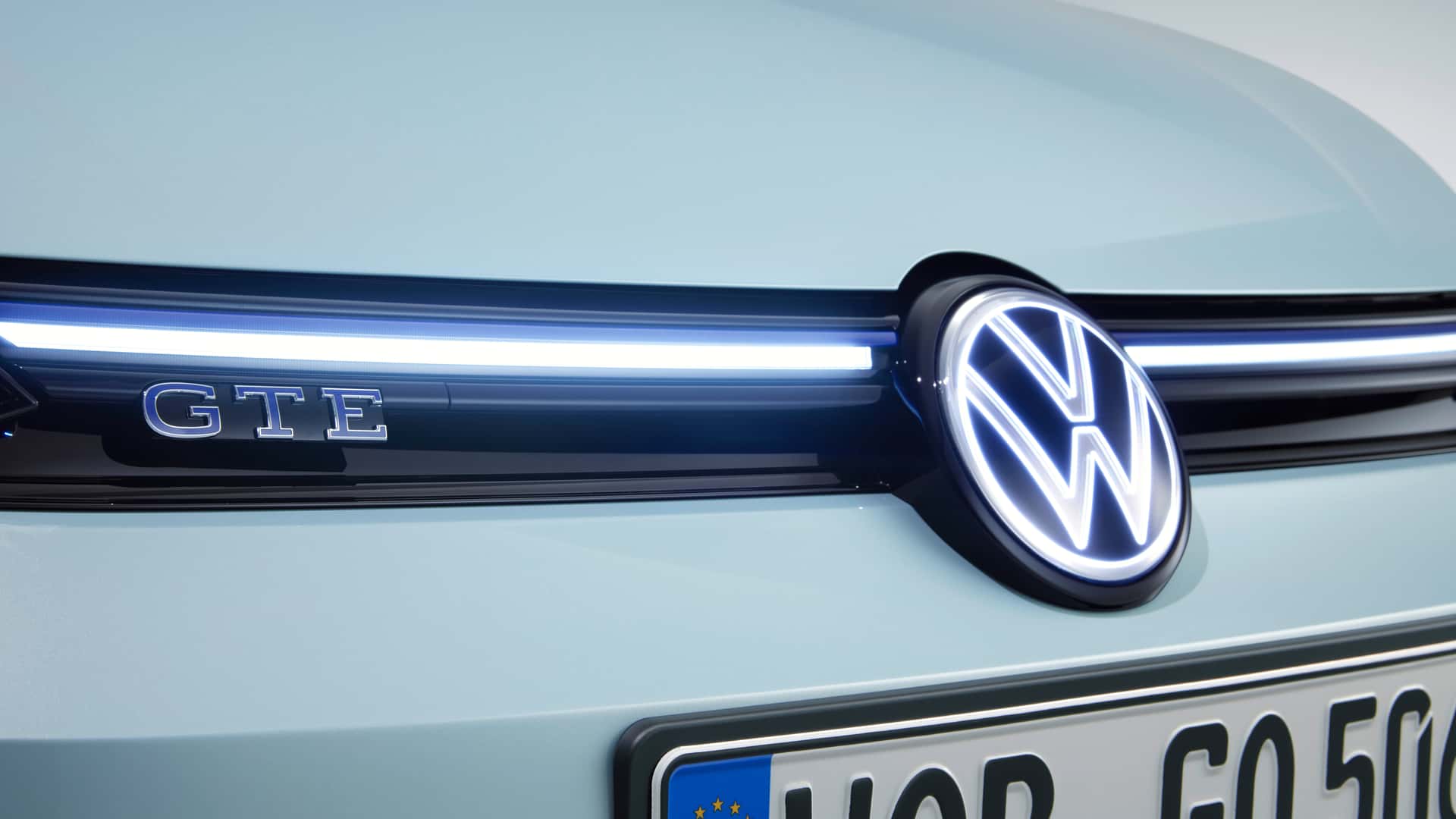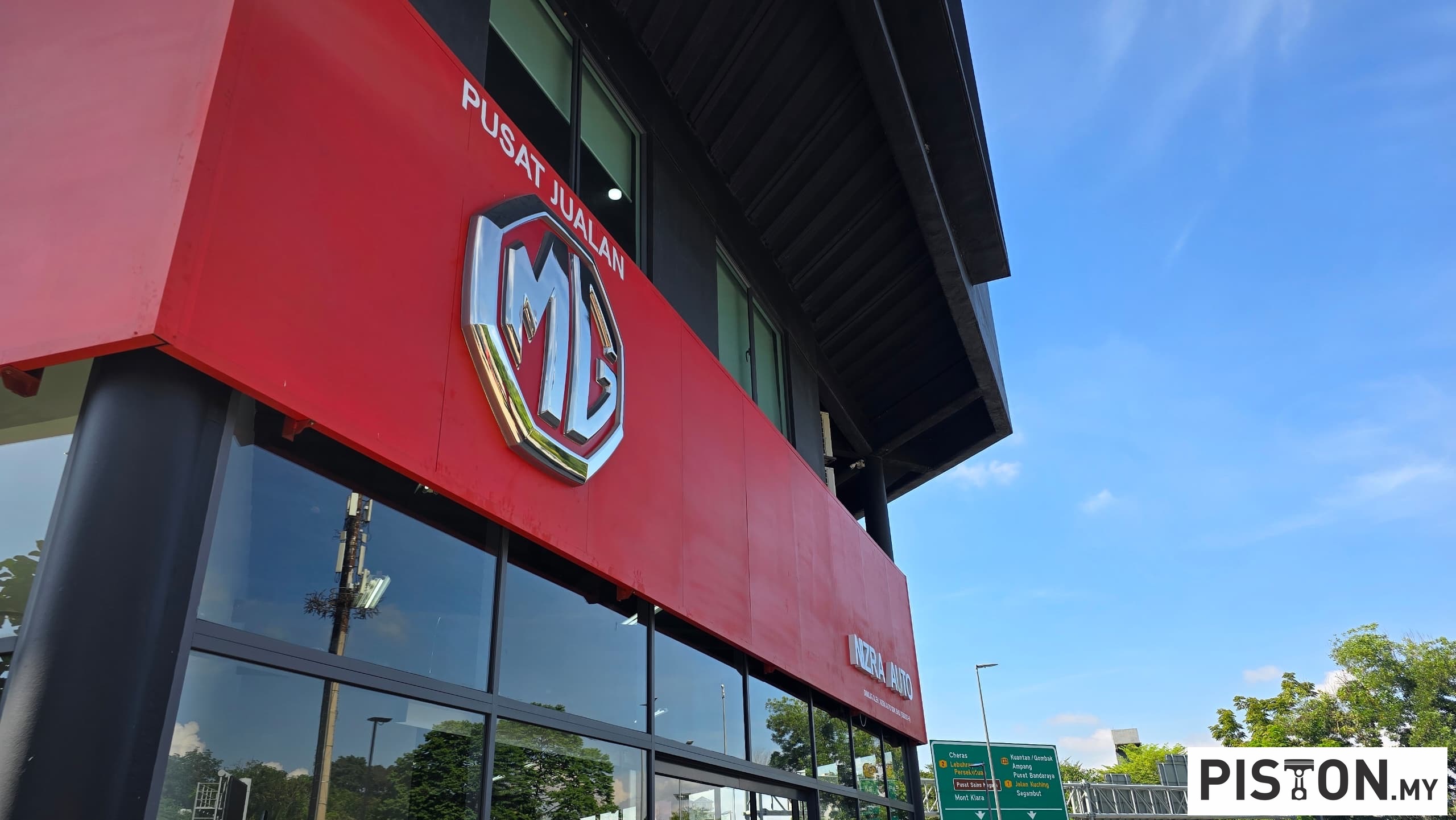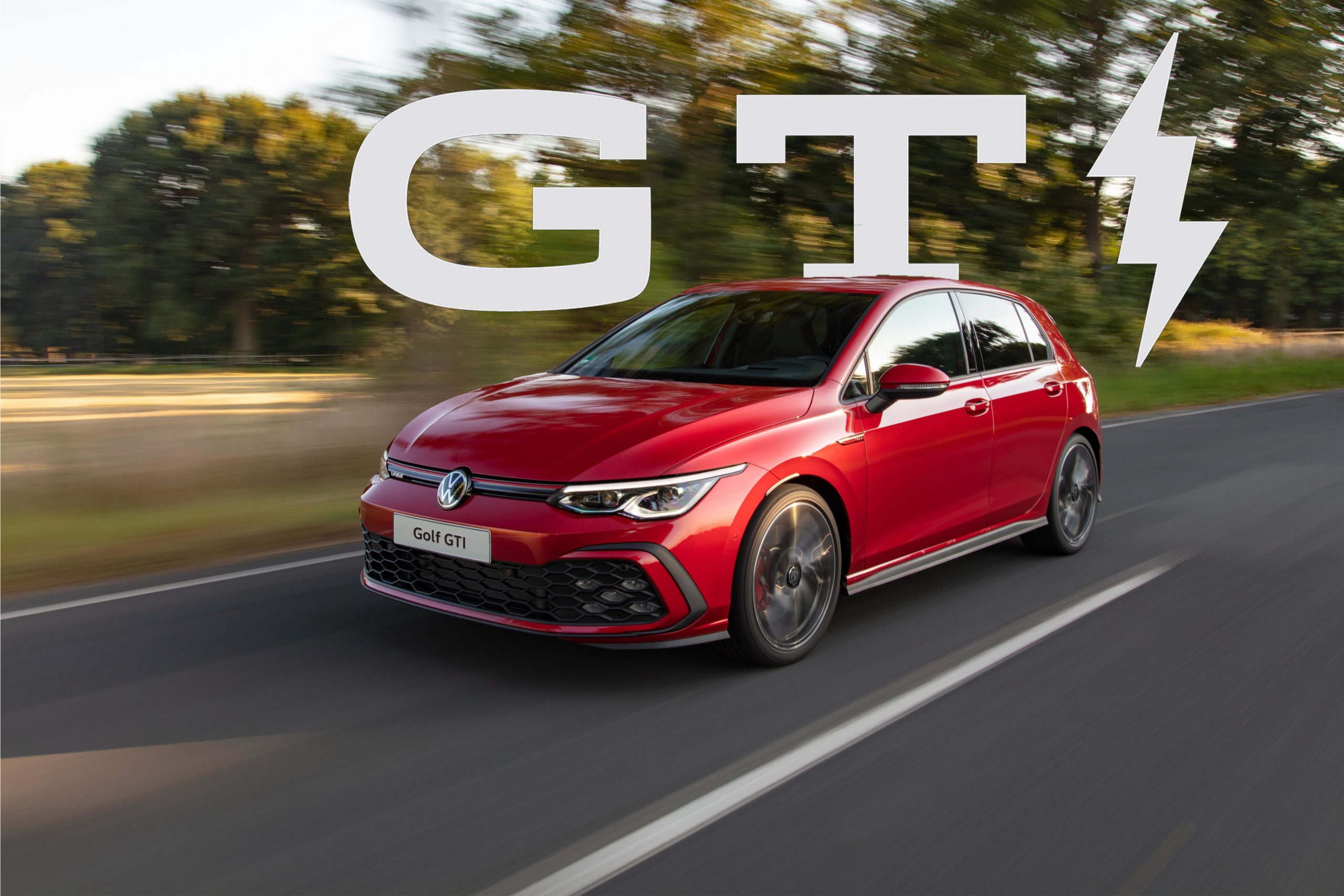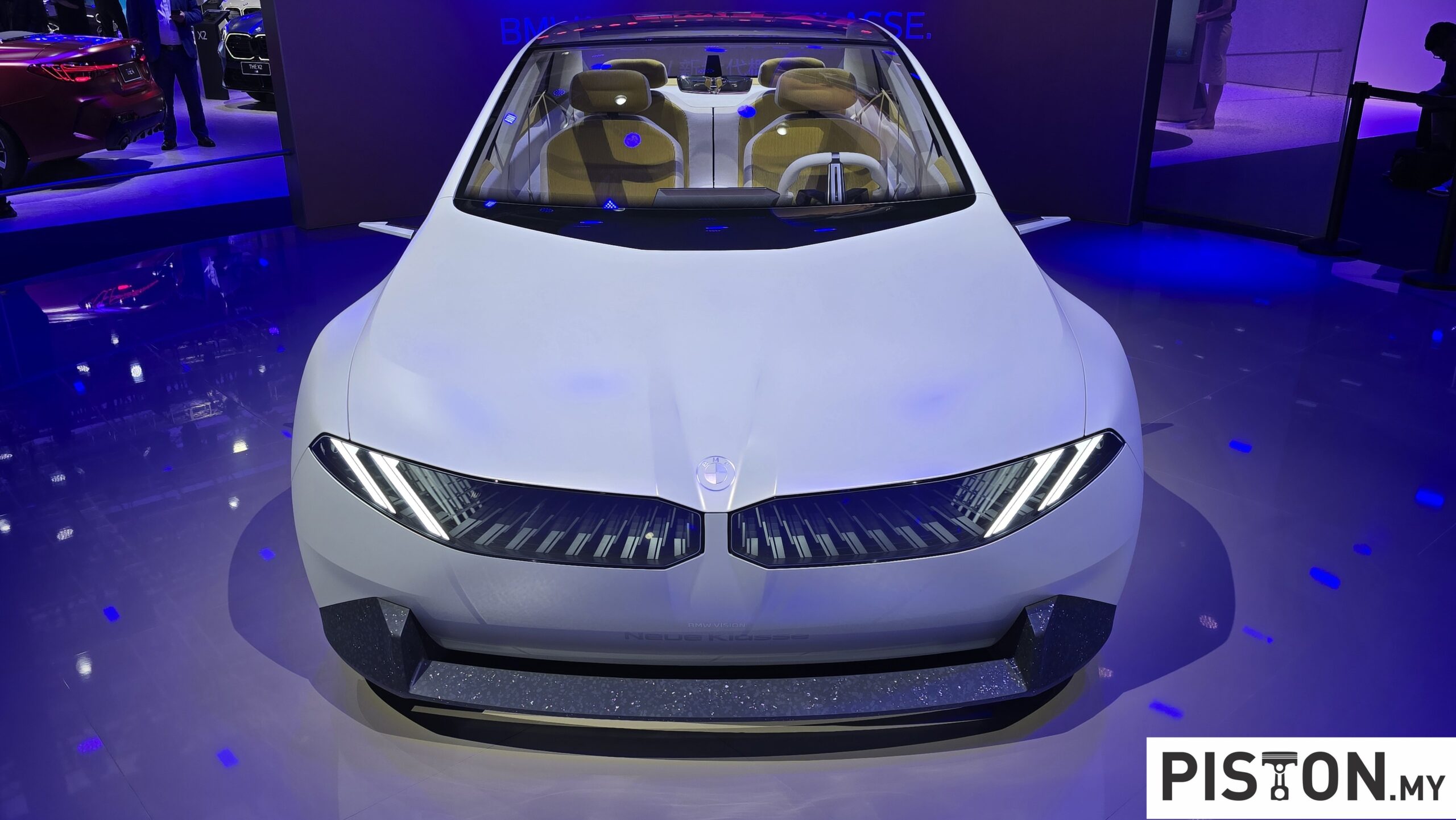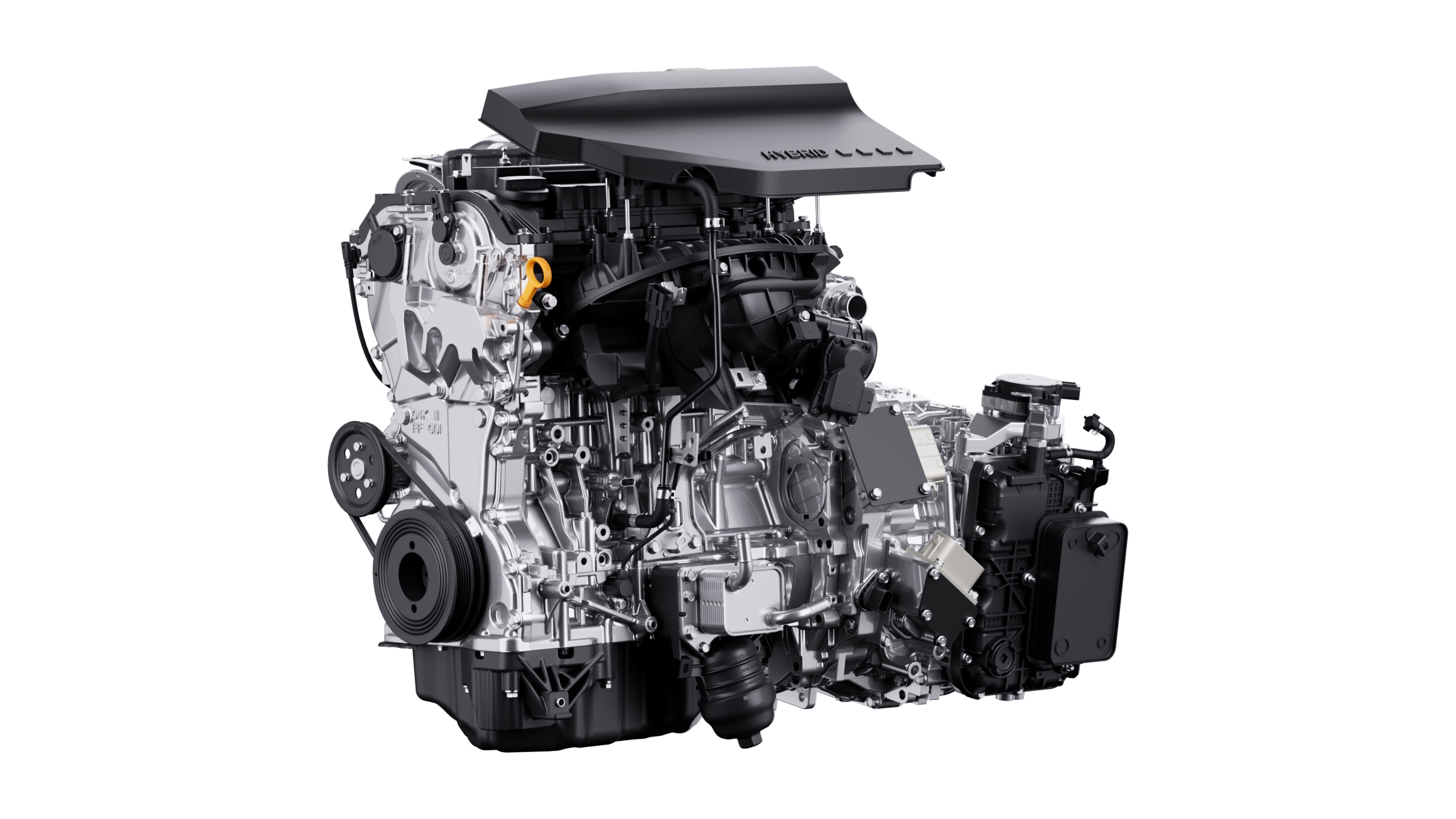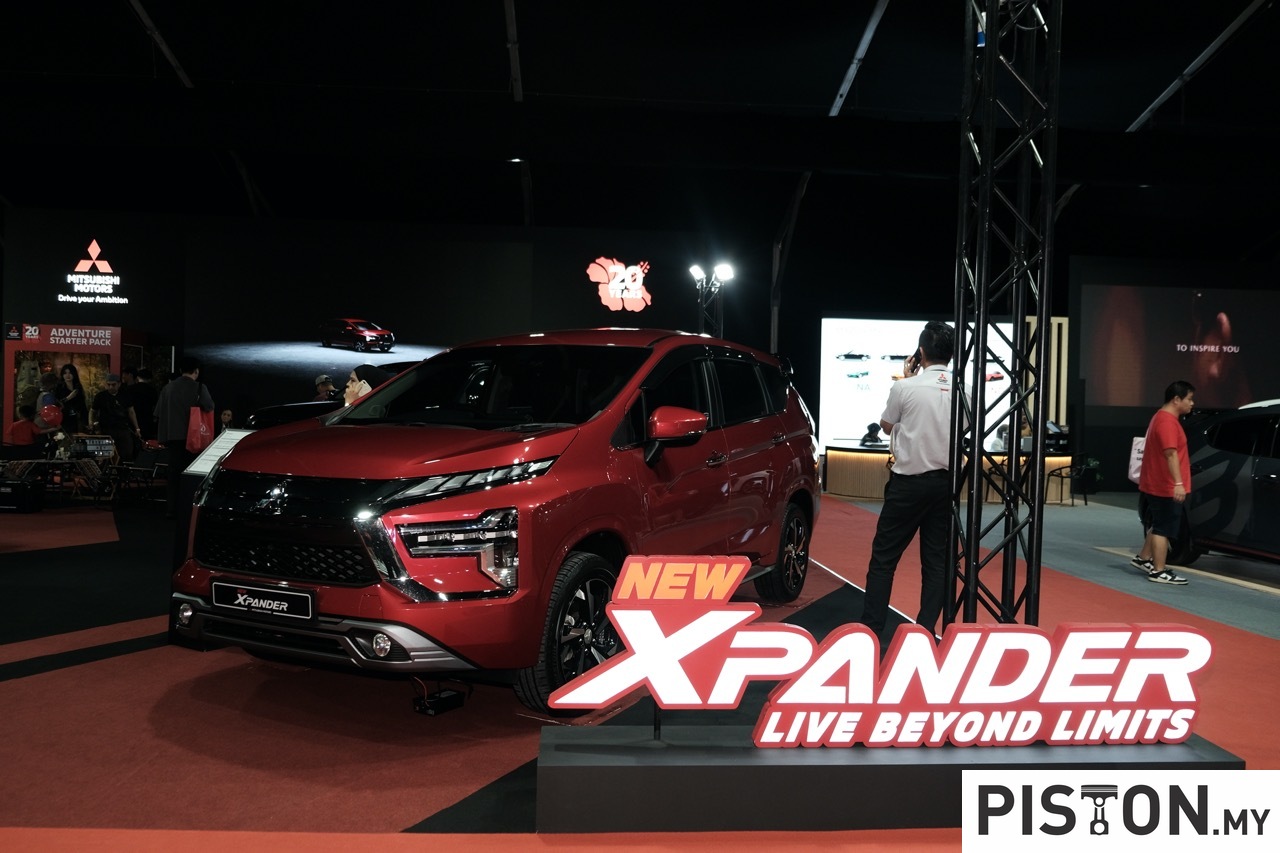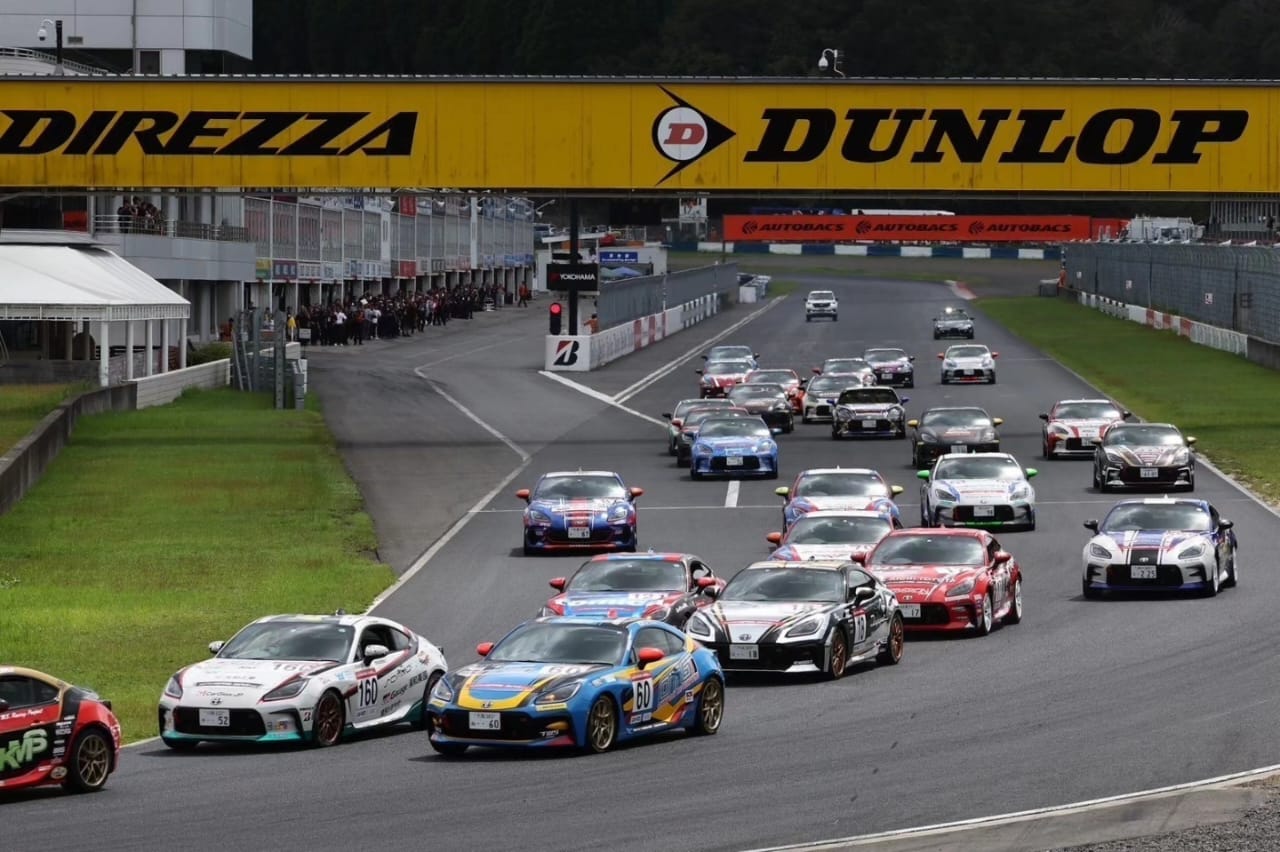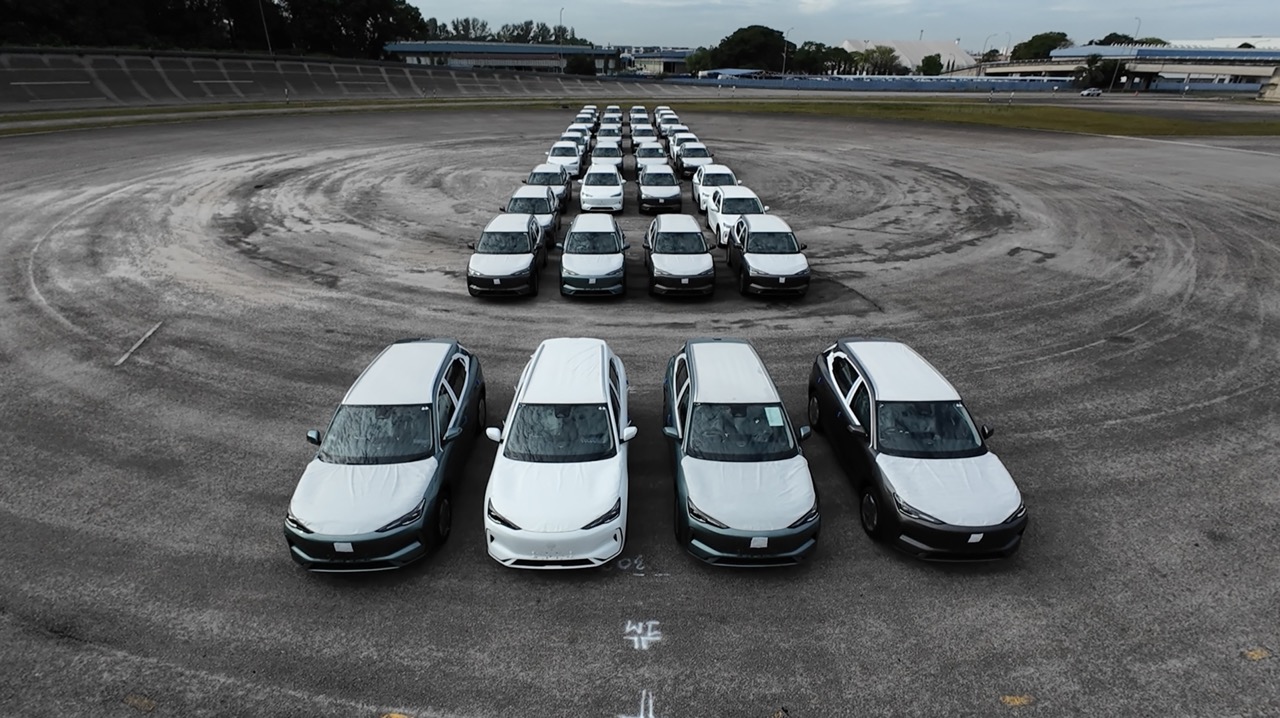Volkswagen, Europe’s largest carmaker, has announced a sweeping restructuring plan for its German operations, including more than 35,000 job cuts and capacity reductions. The deal, reached in a last-minute negotiation with unions, aims to avert mass strikes while positioning the company for a competitive future in the rapidly evolving auto industry.
German Chancellor Olaf Scholz hailed the agreement as a balanced and socially responsible resolution.
“It’s good news that the company and trade unions have agreed on a good, socially acceptable solution today,” Scholz said. “Despite all the hardships, it ensures that Volkswagen and its employees can look forward to a good future. This agreement reaffirms Germany’s standing as an important location for industry and the automotive sector.”
Porsche SE, Volkswagen’s top shareholder, also welcomed the move, emphasising the structural advantages it brings.
“The agreed catalogue of measures makes a substantial contribution to a structural and sustainable reduction in costs,” the company said in a statement. “The result will lead to a considerable improvement in Volkswagen’s competitiveness, laying a solid foundation for future investments.”
Economic Analysts provided mixed reactions. Alexander Krueger, Chief Economist at Hauck Aufhäuser Lampe, viewed the agreement as a pragmatic compromise but noted the potential for further adjustments down the line.
“Competitive price pressure will probably require further measures. This shows how urgent it is for Germany to make a fresh start in economic policy,” Krueger remarked.
European auto markets analyst Matthias Schmidt suggested unions gained more in the negotiations than Volkswagen.
“35,000 job cuts over such a long timeframe to 2030 may not fully address the stagnation in the European market. The unions can likely count this as more of a win, though the company’s complex structure meant this was perhaps the best possible outcome.”
Lower Saxony’s State Premier Stephan Weil, whose region hosts major Volkswagen facilities, highlighted the significance of the compromise.
“This agreement was hard-earned and not taken for granted,” Weil stated. “It ties Volkswagen’s prospects in Germany, especially in Lower Saxony, to vital future technologies such as battery-cell production.”
Impact and Next Steps
The agreement underscores the challenges facing Volkswagen as it transitions to a future dominated by electric vehicles and new mobility solutions. The planned job cuts, phased through 2030, aim to address overcapacity while ensuring the company remains competitive amidst shifting market dynamics and pressure from rivals.
While the agreement averts immediate labour unrest, analysts point to the need for sustained reforms to navigate the ongoing transformation of the global auto industry. Volkswagen’s ability to systematically implement these measures will determine its future role in a highly competitive market.





